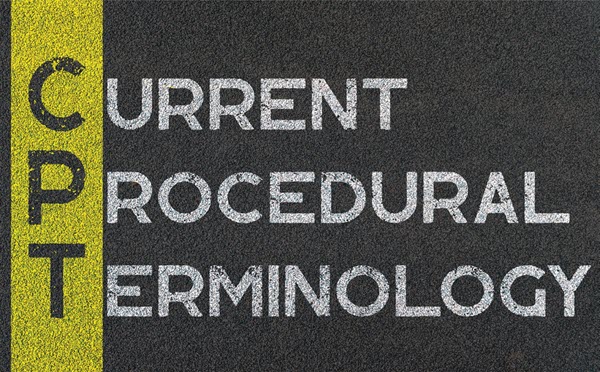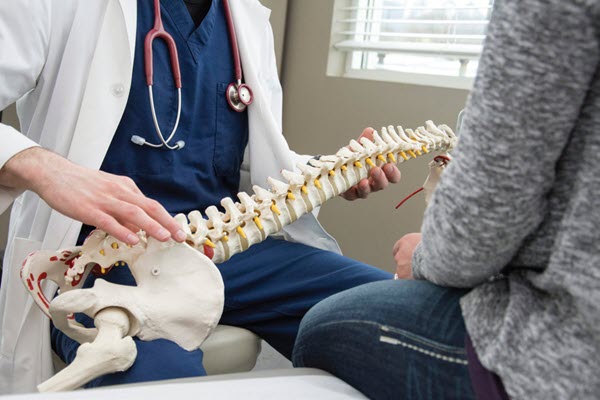Orthopedic Coding Alert
You Be the Coder:
Golfer’s Elbow Diagnosis, Tx
Published on Fri Apr 05, 2024

You’ve reached your limit of free articles. Already a subscriber? Log in.
Not a subscriber? Subscribe today to continue reading this article. Plus, you’ll get:
- Simple explanations of current healthcare regulations and payer programs
- Real-world reporting scenarios solved by our expert coders
- Industry news, such as MAC and RAC activities, the OIG Work Plan, and CERT reports
- Instant access to every article ever published in Revenue Cycle Insider
- 6 annual AAPC-approved CEUs
- The latest updates for CPT®, ICD-10-CM, HCPCS Level II, NCCI edits, modifiers, compliance, technology, practice management, and more
Related Articles
Other Articles in this issue of
Orthopedic Coding Alert
- Surgery:
Take These Tips to Tackle TKR Coding Head-On
A single surgical code doesn’t mean TKR is easy to report. When a patient requires [...] - E/M Coding:
Answer the How, What, When, and Why for Preoperative Evaluations
Don’t forget to check for comorbid conditions. Knowing how to navigate and select all of [...] - Compliance:
Final Rule Aims to Improve Interoperability and Access to Care
Plus: Feds finalize new API requirements and a MIPS measure, too. After the pandemic revealed [...] - You Be the Coder:
Golfer’s Elbow Diagnosis, Tx
Question: Encounter notes that a patient reports to the orthopedist with complaints of pain and tenderness [...] - Reader Questions:
Medicare Ups Conversion Factor … Slightly
Question: Has there been any change to the Medicare Physician Fee Schedule (MPFS) conversion factor (CF)? [...] - Reader Questions:
Know US Differences
Question: What’s the difference between a complete and limited joint ultrasound (US)? Idaho Subscriber Answer: As the [...] - Reader Questions:
Sidestep Contusion Confusion With These Codes
Question: Our foot specialist recently examined a patient presenting with a bruise on their left foot. [...] - Reader Questions:
Employ Protections for Patient Signatures
Question: In our recent risk evaluation, we discovered that the electronic signatures we and our patients [...] - Reader Questions:
Know Which Finger Is ‘Triggered’ for Correct Dx
Question: Encounter notes indicate that a patient suffers from “L trigger finger.” Is the trigger finger [...]
View All




